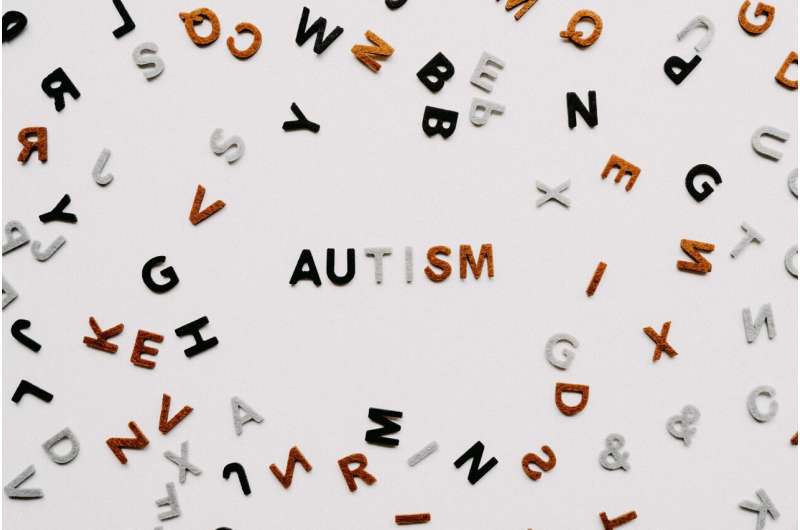Understanding Doubling-Back Aversion: A Cognitive Bias Affecting Decision-Making

A recent study introduces 'doubling-back aversion,' a cognitive bias that causes individuals to avoid retracing steps or switching to easier routes, affecting decision-making and navigation.
Doubling-back aversion is a cognitive tendency where individuals avoid retracing their steps or switching to an easier or shorter route, even when it would be beneficial to do so. This phenomenon impacts both physical navigation and mental tasks, influencing decision-making processes. For example, imagine walking to a park and realizing that a different route would be faster, but hesitating to turn back and take the more efficient path.
A recent study published in Psychological Science introduced the term "doubling-back aversion" to describe this behavior, highlighting how people often prefer to continue a current effort rather than undo progress and opt for a simpler route. This bias stems from two main concerns: a desire to preserve the progress already made and the perception that reversing or restarting tasks involves more effort.
The research involved four experiments with over 2,500 participants, including undergraduates and online workers, using methods like virtual reality navigation and word generation tasks. Across these tests, participants consistently showed reluctance to double back. They preferred sticking to a longer, more effortful route rather than retracing their steps—even when the latter would save time or effort. Notably, when the decision was framed explicitly as "doubling back," the tendency to avoid reversing direction increased significantly.
These findings suggest that doubling-back aversion influences a variety of decision-making contexts, highlighting how perceptions of effort and progress shape human behavior. Recognizing this bias may help people make more informed choices by overcoming subconscious reluctance to backtrack and re-evaluate options.
Further research is needed to fully understand why humans tend to avoid undoing progress and how widespread this bias is across different populations. Nevertheless, awareness of doubling-back aversion can serve as a foundation for improving decision strategies and fostering better problem-solving skills.
Source: MedicalXpress
Stay Updated with Mia's Feed
Get the latest health & wellness insights delivered straight to your inbox.
Related Articles
Research Reveals That Engaging in Effortful Leisure Activities Enhances Perceived Meaning and Purpose
Engaging in effortful leisure activities like puzzles or challenging games can enhance feelings of meaning, purpose, and overall well-being, according to recent research.
Link Between Cognitive Impairment and Work Productivity in Bipolar Disorder
A 48-week study reveals a weak link between cognitive deficits and work productivity loss in bipolar disorder, with depressive symptoms playing a significant role. Managing mood and sleep could enhance occupational functioning.
Link Between Prescription Weight-Loss Drugs and Disordered Eating in Young Men and Boys
Recent research links prescription weight-loss medications like Ozempic and Wegovy to increased disordered eating behaviors among young men and boys, highlighting the need for awareness and clinical screening.
Tailored Environments Essential for Autistic Adults: Moving Beyond One-Size-Fits-All Approaches
New research emphasizes the importance of personalized sensory spaces for autistic adults, advocating for flexible environments that accommodate individual preferences and needs beyond traditional designs.



